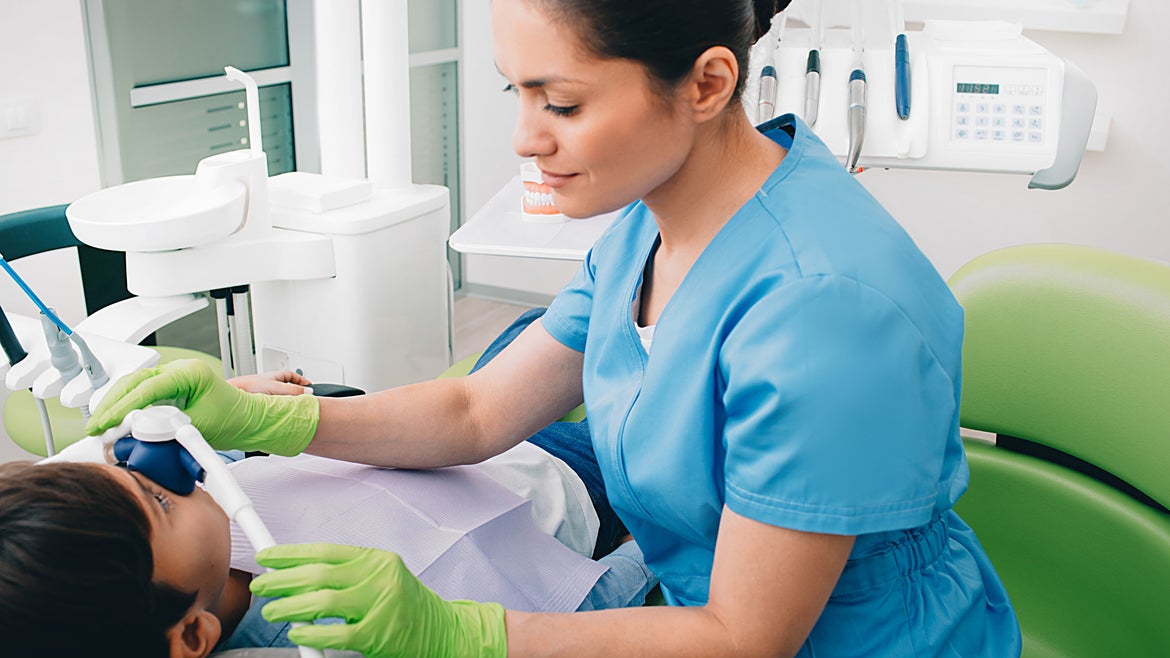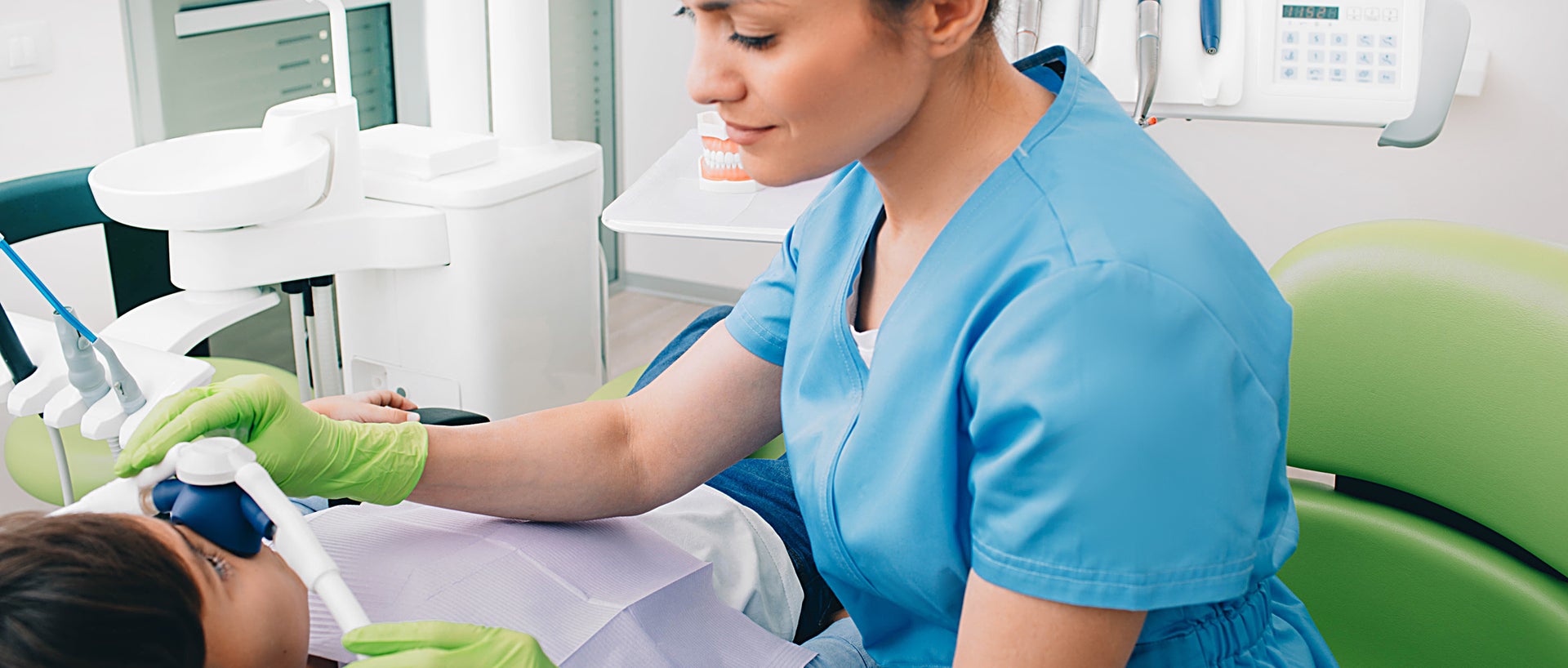Because Ukraine and Russia are major suppliers of helium and nitrous oxide, the ongoing war has had a negative effect on everyday medical procedures and testing.
The ongoing conflict in Ukraine has had a global effect, and has now impacted the U.S. health care system.
Russia and Ukraine are major distributors of ammonium nitrate and natural gas. After being refined, these gases can produce nitrous oxide (or laughing gas) and helium — both needed for millions of everyday medical procedures.
Nitrous oxide is used primarily by dental offices, making it crucial for procedures like root canals.
About 40% of ammonium nitrate — laughing gas's source — comes from Russia.
According to CBS, prices for the gas are increasing and it has become harder to acquire, which could lead practices to either shut down or take on less patients.
Helium is also vital within health care, as it is important for body-imaging systems like MRIs.
"Helium is a terrific element for diffusing heat," said Bob Karcher, a contract services executive for Premier, a company that offers group purchasing services to providers.
"It's used in large MRIs and CTs, to draw heat away from the source."
According to CBS, Russia is now sending smaller amounts of natural gas to Western countries, prompting other countries to transport gas to those nations via pipelines.
Because converting natural gas into a liquid involves removing trace helium, shipping by pipeline has the unintended consequence of reducing the amount of helium given.
This impacts the overall helium supply, ultimately affecting the price.
"The shortages we are experiencing now have been years in the making and are therefore a surprise to no one," said Wally Hopp, a University of Michigan professor who specializes in the medical supply chain.
According to Hopp, these problems could've been addressed earlier by the government and the private sector.
"But now they can only scramble to cope with the crisis with the health of American citizens at stake," he said.







